I am confused!!!
barb_roselover_in
14 years ago
Related Stories

GREEN BUILDINGLet’s Clear Up Some Confusion About Solar Panels
Different panel types do different things. If you want solar energy for your home, get the basics here first
Full Story
Shop Houzz: I Am Titanium
Embrace this durable yet stylish silvery-gray metal in furniture, fixtures and more
Full Story0

'Pan Am' Inspires Flight Back to 1960s Design
15 updated '60s homes offer lessons in craft, simplicity and style
Full Story
EXTERIORSHelp! What Color Should I Paint My House Exterior?
Real homeowners get real help in choosing paint palettes. Bonus: 3 tips for everyone on picking exterior colors
Full Story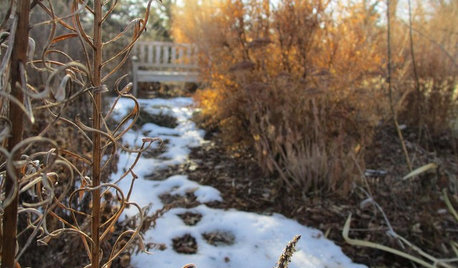
WINTER GARDENING6 Reasons I’m Not Looking Forward to Spring
Not kicking up your heels anticipating rushes of spring color and garden catalogs? You’re not alone
Full Story
FUN HOUZZEverything I Need to Know About Decorating I Learned from Downton Abbey
Mind your manors with these 10 decorating tips from the PBS series, returning on January 5
Full Story
BACKYARD IDEAS7 Backyard Sheds Built With Love
The Hardworking Home: Says one homeowner and shed builder, ‘I am amazed at the peace and joy I feel when working in my garden shed’
Full Story
ARCHITECTURESimplicity vs. Simpleness in Architecture — and Why You Should Care
Don't confuse these two concepts; your home's beauty and ability to inspire are at stake
Full Story
LIGHTINGBask in Lamplight's Comfort This Season
Get pro insight on lamp styles, shades and ever-confusing bulbs to enjoy the benefits of lamplight on long, cold nights
Full StoryMore Discussions







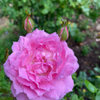
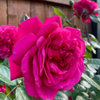
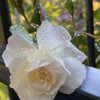
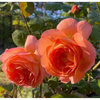
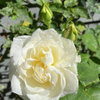
Kimmsr
texaslynn
Related Professionals
Deer Park Landscape Architects & Landscape Designers · East Rancho Dominguez Landscape Architects & Landscape Designers · Rancho Palos Verdes Landscape Architects & Landscape Designers · Tomball Landscape Architects & Landscape Designers · Edmond Landscape Contractors · Bridgeport Landscape Contractors · Brockton Landscape Contractors · Cary Landscape Contractors · Concord Landscape Contractors · Dudley Landscape Contractors · Goodlettsville Landscape Contractors · Huntington Landscape Contractors · South Lake Tahoe Landscape Contractors · Teaneck Landscape Contractors · Waipahu Landscape ContractorsZyperiris
diane_nj 6b/7a
michaelg
serenasyh
organic_jeannie
michaelg
serenasyh
roseberri, z6
barb_roselover_inOriginal Author
Kimmsr
serenasyh
Kimmsr
michaelg
Zyperiris
michaelg
barb_roselover_inOriginal Author